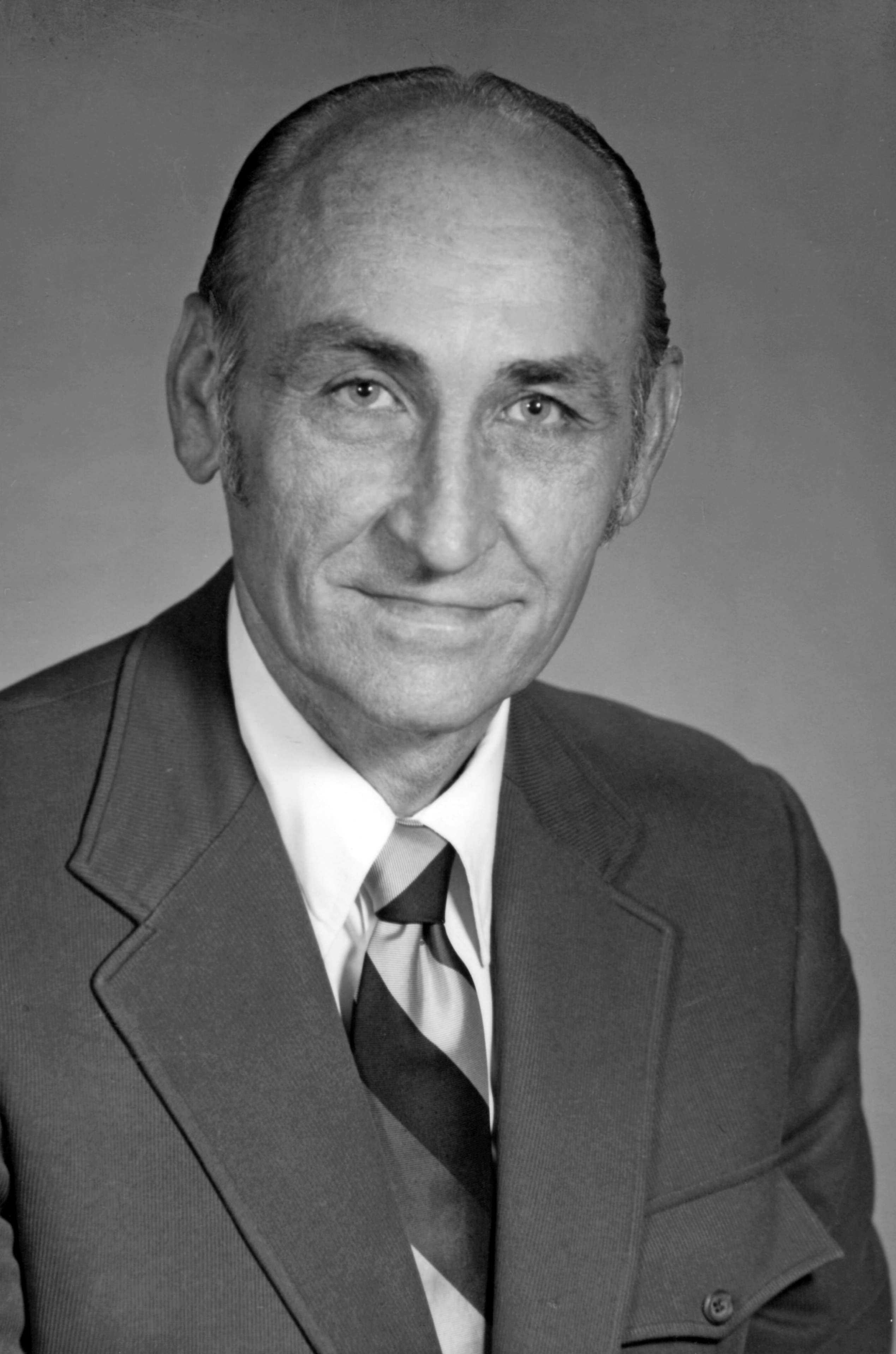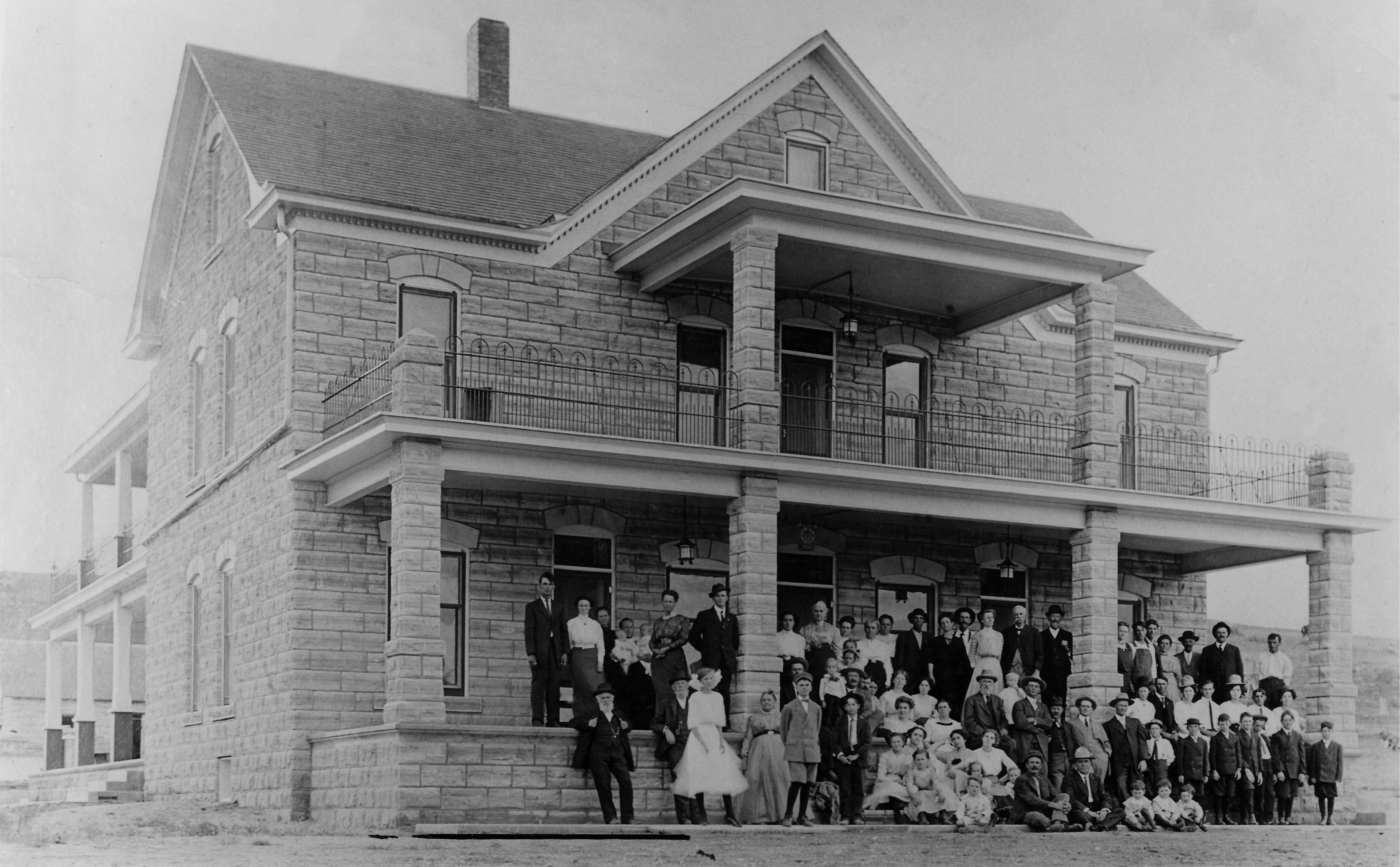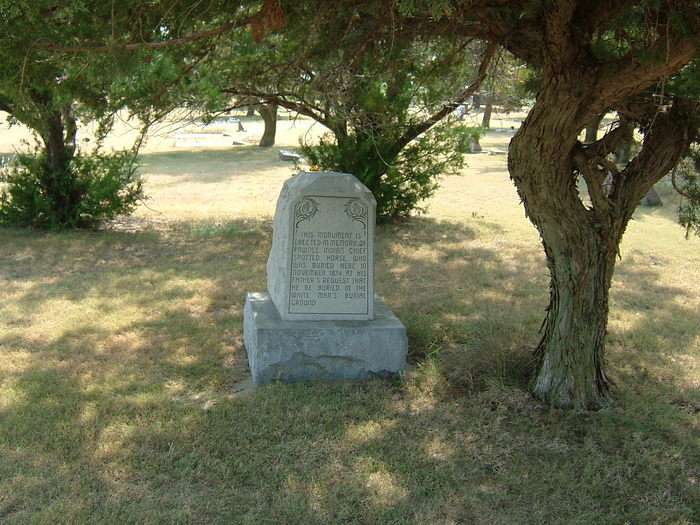
Submitted
RUSSELL — The 501(c)3 nonprofit Blue Hills Heritage Foundation of Lucas, Kansas has announced its second class of inductees to the Russell County Kansas Hall of Fame. Together the five individuals, one business, and one event that make up the Class of 2019 represent the county’s history from its formative years to the present day. They were selected from a list of 35 nominees by a committee of Russell County citizens. To read the full stories of each inductee be sure in the coming days to visit the Foundation’s website at: www.bhhf2018.wixsite.com/bhhf and click on the MORE button.
Eric Joseph Abraham (1936-2013) was an accomplished artist with a national reputation. He was born in the Harlem neighborhood of New York City, where his parents illustrated children’s books for the public schools. Eric served in the intelligence division of the U.S. Air Force prior to earning his Master of Fine Arts degree in ceramics. In the 1970s, he taught ceramics at several colleges and universities. He created two large fire breathing dragons which were featured presented on the “Today” morning news show and was a featured artisan on the Lynette Jennings Design Show on the Discovery Channel.
Eric moved his studio and home to Wabaunsee, Kansas in 1999 and then in March 2004 to Lucas, where he opened the Flying Pig Studio and Gallery. From Lucas Eric attended art shows and exhibitions across the United States, winning numerous awards for his artwork, and served on the board of directors of the Grassroots Art Center in Lucas and the Lester Raymer Red Barn Studio in Lindsborg.
Folk artist and teacher Florence Edith Deeble (1900-1999) was born in Russell. Shortly afterwards her family moved to Lucas. Florence started teaching in 1918 in rural schools in Lincoln and Russell counties. From 1920 to 1925 she taught at Natoma, Kansas, and from 1925 to 1950 she taught in the Osborne school system. She returned to Lucas in 1950 and completed her 42- year teaching career there before retirement in 1960. concrete and rock creations included stone-inlaid bridges, columns and towers, altars, cactus plants, and even a Lucas Mount Rushmore.
In 1935, Florence began working on her lifelong hobby – a rock garden that encompassed the entire backyard of the Deeble family home in Lucas. Florence began over the next 60 years creating miniature scenes of places that she had visited or read about using postcards and drawings as models. Her
In 2002, Florence’s Lucas home was opened for tours as part of the Grassroots Art Center. In 2018 the Deeble rock garden was listed on the National Register of Historic Places.
John Rex Duwe (1918-1990) was an influential community leader and banker. Born in Natoma, Kansas, his family moved to Lucas in 1923. Rex graduated from Lucas High School and Washburn University. He served in World War II as a radio instructor in the Army Air Corps.
Rex was associated with the Farmers State Bank, Lucas, for more than 50 years. He was chairman of the board of the Farmers State Bank of Lucas and the Traders State Bank in Glen Elder and a member of the board of directors of the Commerce National Bank in Kansas City, Kan. He was president of the Glen Elder Insurance Agency and the owner of Duwe Insurance Agency in Lucas. He served on the Lucas City Council and as mayor of Lucas. Rex was appointed Kansas State Highway Commissioner in 1962 and served for six years. He was selected 1964 Man of the Year by the Russell Daily News and was a delegate to the Republican National Convention in 1968 and 1972. Rex was elected president of the American Bankers Association in 1975, an event which garnered numerous stories in the New York Times and other national publications. In 1977 Rex was named Kansan of the Year by the Native Sons and Daughters of Kansas.
An early burial in the city cemetery at Bunker Hill, Kansas was Spotted Horse (unknown-1874). Spotted Horse, chief of the Skidi Band of the Pawnee Tribe, was born in what is now the state of Nebraska near the Loup River. He maintained that he was the direct descendant of a lineage of over 200 years of Skidi tribal leaders. In late November 1874 Spotted Horse was leading a band of Pawnee leaving their ancestral home in Nebraska for a reservation in Oklahoma. He fell ill while encamped along Spring Creek some 3 miles northeast of Bunker Hill and, in just a few days, he died of “lung fever,” or pneumonia.
With his last breath Spotted Horse requested that he be buried in the white man’s burying ground, for he had been a friend of the white man his entire life. The government agent accompanying the band, John Williamson, approached the people of Bunker Hill with the request. They agreed that he could be buried in the local cemetery. A minister conducted the funeral service as Spotted Horse was buried with his clothes, blankets and other supplies. His grave was then marked with a small native stone. Later a modern granite marker replaced the small stone. Bunker Hill residents have decorated Spotted Horse’s grave each Memorial Day since 1874.
Cleo Eldon “Don” Wilcox (1905-2000) was born in Lucas, Kansas. He attended the Lucas schools and graduated from the University of Kansas with a degree in sociology. Don taught in Kansas high schools and then at both Northwestern University and the University of Kansas. By the late 1930s Don believed he might make a living from writing and moved his family to Chicago in 1938. There he signed with Ziff-Davis Publications. Having never written anything remotely like science fiction, Don concocted a short story he named “The Pit of Death”. It was bought for $90 and appeared in the July 1939 edition of Amazing Stories.
Over a 53-year period (1939 through 1992) Don published over 100 science fiction/fantasy stories and novels. During the 1940s and early 1950s Don was one of the most popular authors of the genre in the world. He also wrote stories for other magazines such as Mammoth Western and Mammoth Detective. The sociological study “The Voyage That Lasted 600 Years” (Amazing Stories, October 1940) was the first story ever written that explored in detail the idea of a starship in which generations of the passengers and crew would live and die while journeying to a distant world. It permanently established Don’s name in the history of science fiction.
In 1952, Don wrote 20 scripts for the TV show Captain Video and went back to teaching and at Northwestern University. He then worked as a magazine editor and publisher in Guatemala, Oregon, and New York City. Don retired in 1975 and settled in Sarasota, Florida. It was there that British bibliographer and editor Mike Ashley contacted Don and encouraged him to write his last two published stories, “Visit the Yo-Yo Falls” (1989) and “Blueflow” (1992, written when he was 87 years old.
In the late 1990s, Don and his wife moved back to Lucas. He died at Lucas and lies buried in the Lucas Cemetery. In 2018, new compilations of his science fiction/fantasy stories were published by Wildside Press.
The legendary Gilt Edge Ranch is the 2019 inductee for business. In 1877, Albert Gallatin Talbot (A.G.T.) Cooper arrived in Russell County, Kansas. His parents soon followed, and in the early spring of 1878 the family settled in the Saline River Valley in northern Plymouth Township. Coal was discovered on the ranch early in 1880 and mined extensively over the next ten years. The Coopers renamed their land the Gilt Edge Ranch after the coal mine which helped boost its prosperity so rapidly. It also allowed the building of a huge sprawling two-story, 14-room Post Rock Limestone ranch house that was a showplace in its day. At its height the ranch encompassed over 12,000 acres and enjoyed a reputation far and wide across western Kansas as one of the best operations of its kind in the state. In 1963 most of the legendary ranch ceased to exist when it was taken over by the federal government so they could build Wilson Dam and Reservoir.
Prairiesta is the 2019 inductee for event or organization. Prairiesta is a celebration of the history, heritage and culture of Russell. It has been held every ten years since the first event was held in Russell in 1941. The June 2021 edition will celebrate the 150th anniversary of the county’s founding.












